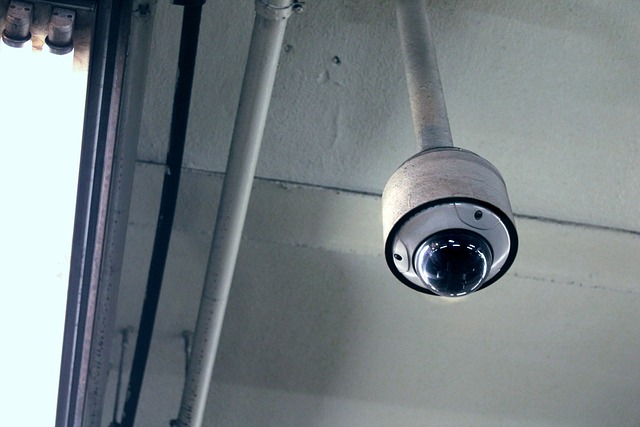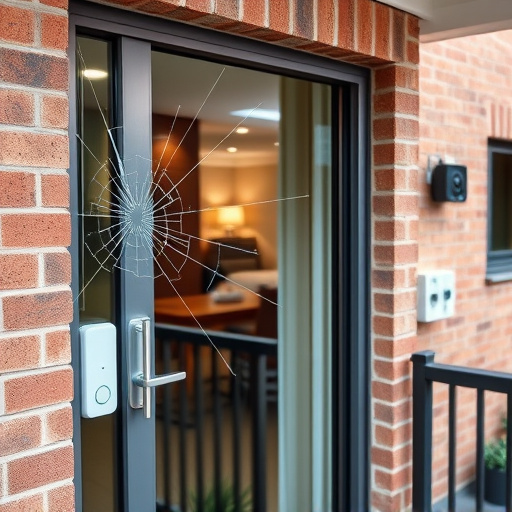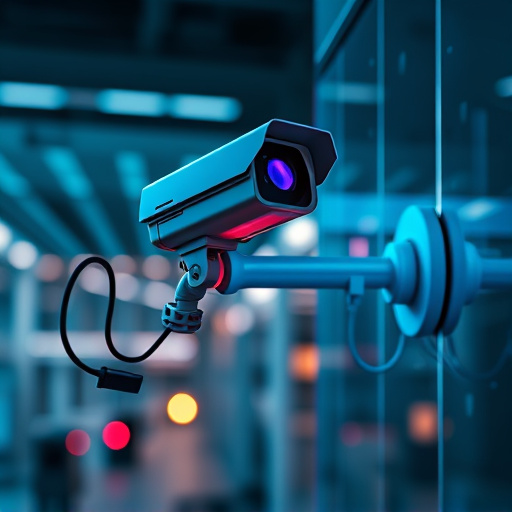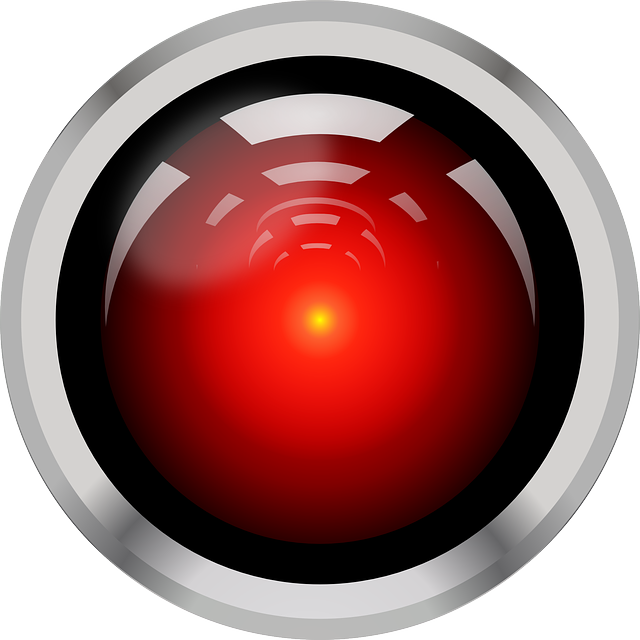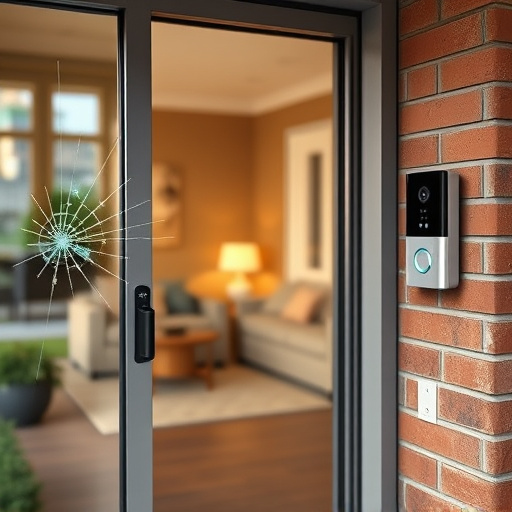When selecting a home security system, start by thoroughly assessing your property's vulnerabilities and identifying primary concerns like intrusion prevention or fire safety. Choose the right security camera with comprehensive coverage inside and outside, clear images, sensitive motion detection, reliable connectivity, night vision, two-way audio, and integration with smart home devices. Balance budget and protection requirements to ensure an effective security system tailored to your specific needs, offering 24/7 peace of mind.
Choosing the right security camera and developing a best security system for your home involves understanding your unique security needs. This comprehensive guide will walk you through the process of selecting security cameras effectively. We’ll start by assessing your home’s vulnerabilities and defining primary concerns, such as intrusion, fire, or theft. Then, we’ll explore different security camera types and their features, including resolution, night vision, and motion detection. Finally, learn how to integrate multiple security components for a comprehensive home security system, ensuring 24/7 monitoring and compatibility with your smart home setup.
- Understanding Your Home Security Needs
- – Assessing your home's security vulnerabilities and risks
- – Defining your primary security concerns (e.g., intrusion, fire, theft)
Understanding Your Home Security Needs

Understanding your home’s unique security needs is the first step in choosing the right security system. While a basic doormat and lock may suffice for some, others require advanced protection. Consider factors like your home’s layout, size, and perimeter—a large, open-plan house with a vast backyard might need more cameras than a compact apartment. Assessing potential entry points is crucial; ensure you cover all bases, including windows, doors, and any other vulnerable areas. The goal is to create an effective security network that provides peace of mind.
When selecting security cameras, think about the ideal coverage area—both inside and outside your property. The right security camera should offer clear, sharp images, sensitive motion detection, and reliable connectivity. Modern systems often come with cloud storage, allowing you to access footage remotely. Look for features like night vision, two-way audio, and integration with smart home devices for a more comprehensive and convenient security experience. Choosing the best security system involves finding a balance between your budget and the level of protection required to ensure your home remains safe and secure.
– Assessing your home's security vulnerabilities and risks

When considering the right home security system, it’s crucial to start by assessing your property’s unique vulnerabilities and potential risks. This involves evaluating factors such as your neighborhood crime rates, the accessibility of your home from external points, and any specific concerns like valuable assets or vulnerable family members. Understanding these elements is key to making an informed decision when choosing security cameras that will best protect your space.
Identifying areas prone to break-ins, understanding blind spots, and recognizing potential entry points are essential steps in determining the ideal home camera placement. For instance, a right security camera positioned at the front door, garage, or any high-risk area can significantly deter intruders and provide valuable footage for future reference. An effective security system should seamlessly integrate these cameras to offer comprehensive coverage, ensuring that your home is well-protected 24/7.
– Defining your primary security concerns (e.g., intrusion, fire, theft)

When selecting a home security system, understanding your primary security concerns is paramount. Different threats require different solutions, so identifying whether you prioritize intrusion prevention, fire safety, or theft deterrence is crucial for choosing the right security cameras and components. For instance, if breaking and entering is your main worry, outdoor security cameras with motion sensors and a robust alarm system would be ideal. Conversely, if you seek fire protection, consider adding smoke and heat detectors to your home security selection.
Knowing what you want to protect is just as important as understanding how each component of the best security system can help. For instance, an effective security camera should offer clear, detailed footage, easy installation, and reliable connectivity. The right security camera for your needs will integrate seamlessly with other components like door sensors and alarm systems, creating a comprehensive and efficient home security network tailored to your specific requirements.
